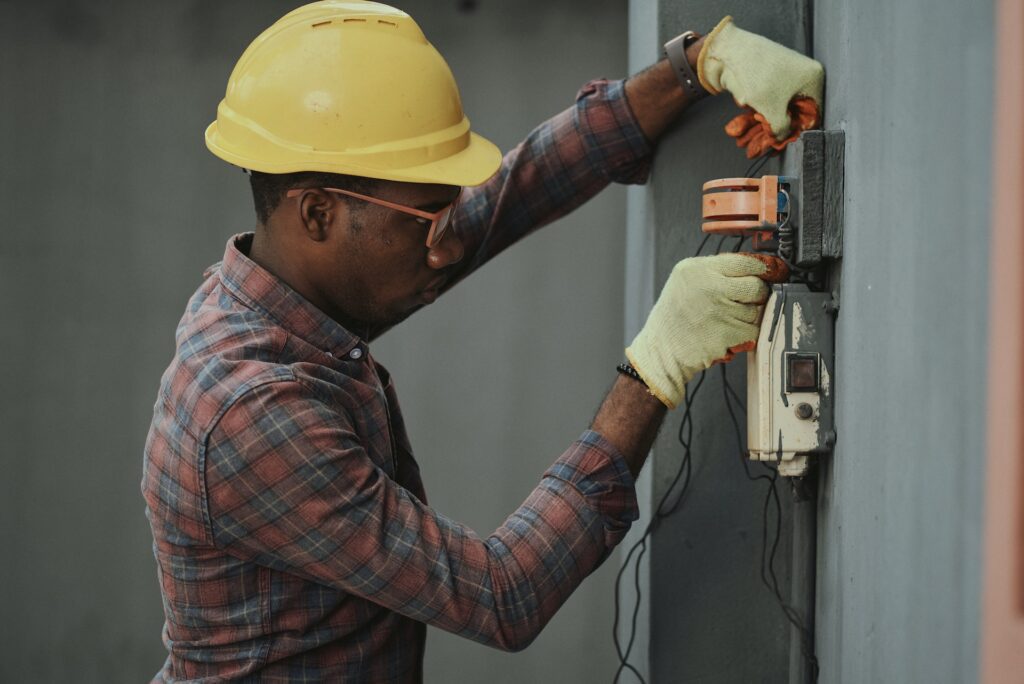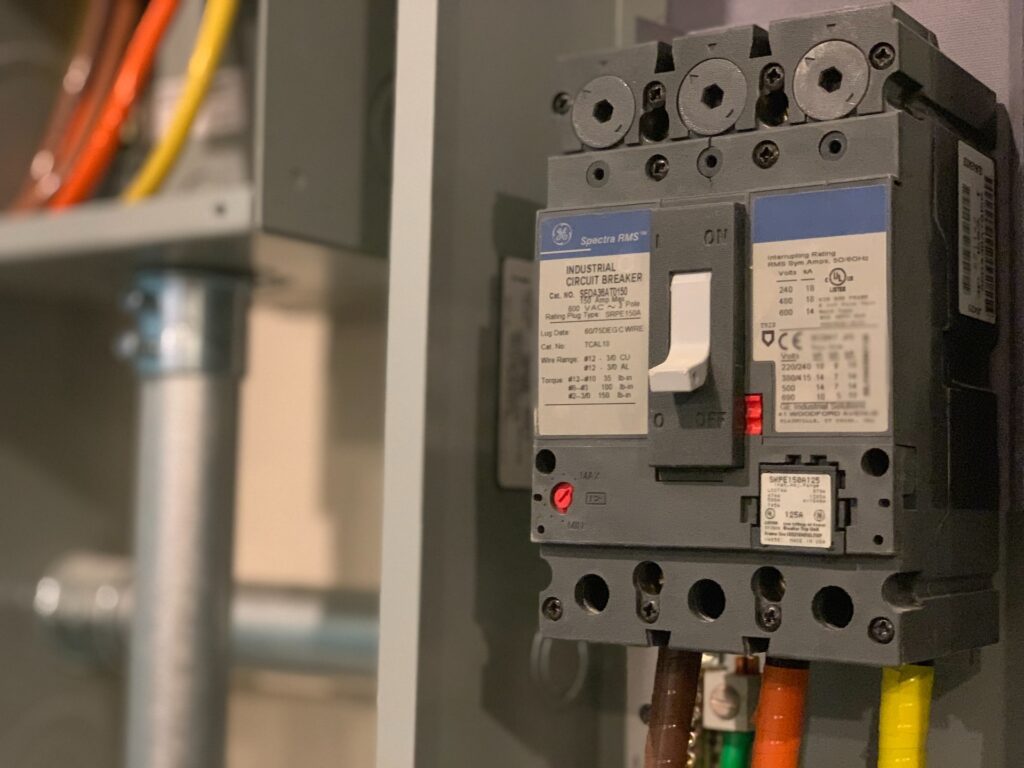
Electrical Inspections: Your Home’s Hidden Safety Secret Revealed
Your home’s electrical system is a crucial component that provides power to every corner of your dwelling, enabling the functioning of essential appliances and electronics throughout the year. However, with proper maintenance and periodic checks, electrical systems can become safe, leading to potential fire incidents and electrical shocks, where electrical inspections are pivotal. This article will delve into the significance of electrical inspections, their types, and the critical areas they cover to ensure safety and compliance with electrical codes.
Types of Electrical Inspections

Home Electrical Inspections: Certified home inspectors who assess various aspects of a house, including the electrical system, typically conduct electrical inspections. These inspections give homeowners peace of mind and identify potential issues before they escalate into major problems. During a home electrical inspection, the inspector will examine critical elements such as wiring, GFCI outlets, and the main electrical panel.
Building Electrical Inspections: On the other hand, building electrical inspections are more comprehensive and are carried out by certified building inspectors employed by local city or county authorities. The primary objective of these inspections is to ensure that new builds and existing constructions comply with the current electrical code. Building inspectors can grant or deny electrical permits, ensuring that all electrical components meet safety standards and are suitable for occupancy.
Key Areas Covered in Electrical Inspections
- Service Panel and Circuit Breakers: The service panel is the heart of your home’s electrical system, and a thorough inspection ensures its proper functioning. The inspector will check for loose breakers and signs of damage and ensure that all breakers have clear labels for easy identification. A well-maintained service panel guarantees efficient distribution of electricity throughout the house.
- Wiring and Connections: Outdated or damaged wiring can pose serious safety risks. Inspectors will carefully examine the wiring, including knob-and-tube or aluminum wiring, which may require updating to prevent potential fire hazards. Additionally, they will assess the connections to confirm they are secure and free from any potential dangers.
- Outlets and GFCI Protection: Ground Fault Circuit Interrupters (GFCIs) are essential safety features, particularly in areas with water exposure, such as kitchens and bathrooms. Inspectors will test outlets to ensure they are grounded and provide the correct voltage. Inspectors will also verify the presence and functionality of GFCI outlets to prevent electrical shocks.
- Light Fixtures and Appliances: All light fixtures, appliances, and receptacles will be thoroughly tested during an electrical inspection to ensure they are in working order and safely installed. The inspector will flag any malfunctioning or poorly installed fixtures for necessary repairs.
Importance of Electrical Inspections
Preventing Fire Hazards: Electrical fires are a significant cause of house fires, often resulting from faulty wiring, power surges, improper installations, or DIY projects. Regular electrical inspections act as preventive measures to identify potential risks, enabling timely repairs and reducing the chances of fire incidents.
Code Compliance and Building Occupancy: Electrical inspections ensure that homes and commercial buildings meet current electrical code requirements. Compliance with electrical codes is essential to obtain occupancy permits, securing the occupants’ safety and the building’s structural integrity.

Recommended Frequency for Electrical Inspections
The frequency of electrical inspections depends on various factors, such as the age of the home, the type of wiring used, and the electrical demands of the property. While general guidelines suggest getting a full electrical inspection every 5 to 10 years, homes with older wiring or specific risk factors may require more frequent checks.
Hiring the Right Electrical Inspector
When seeking an electrical inspector, it’s essential to consider their qualifications and certifications. Opt for inspectors with CEI (Certified Electrical Inspector) licenses, ensuring they possess the necessary expertise to conduct thorough and accurate inspections. Researching online reviews and seeking recommendations from trusted sources can help you find reputable inspectors for your needs.
Cost of Electrical Inspections and Repairs
Electrical inspection costs vary based on the inspection type and property size. Home electrical inspections, typically included in whole-home reviews, range between $300 to $500 on average. Building electrical inspections cost around $200 on average.
Panel replacements or upgrades, outlet installation, light fixture repairs, switch replacement, and new wiring installations are all common electrical repairs with varying costs depending on the job’s complexity. Investing in regular inspections and promptly addressing repairs can save homeowners from significant expenses.

Conclusion
Electrical inspections are a crucial aspect of home maintenance, ensuring the safety and well-being of occupants while complying with electrical codes. By proactively identifying potential hazards and ensuring code compliance, homeowners can rest assured that their electrical systems are functioning optimally and safeguarding their homes from electrical mishaps. Regular inspections and timely repairs are essential for a secure and efficient electrical system, providing peace of mind for homeowners and building occupants alike.

Jason Somers, President & Founder of Crest Real Estate
With over 15 years of professional experience in the Los Angeles luxury real estate market, Jason Somers has the background, judgement and track record to provide an unparalleled level of real estate services. His widespread knowledge helps clients identify and acquire income producing properties and value-ad development opportunities.
Learn more about Jason Somers or contact us.



